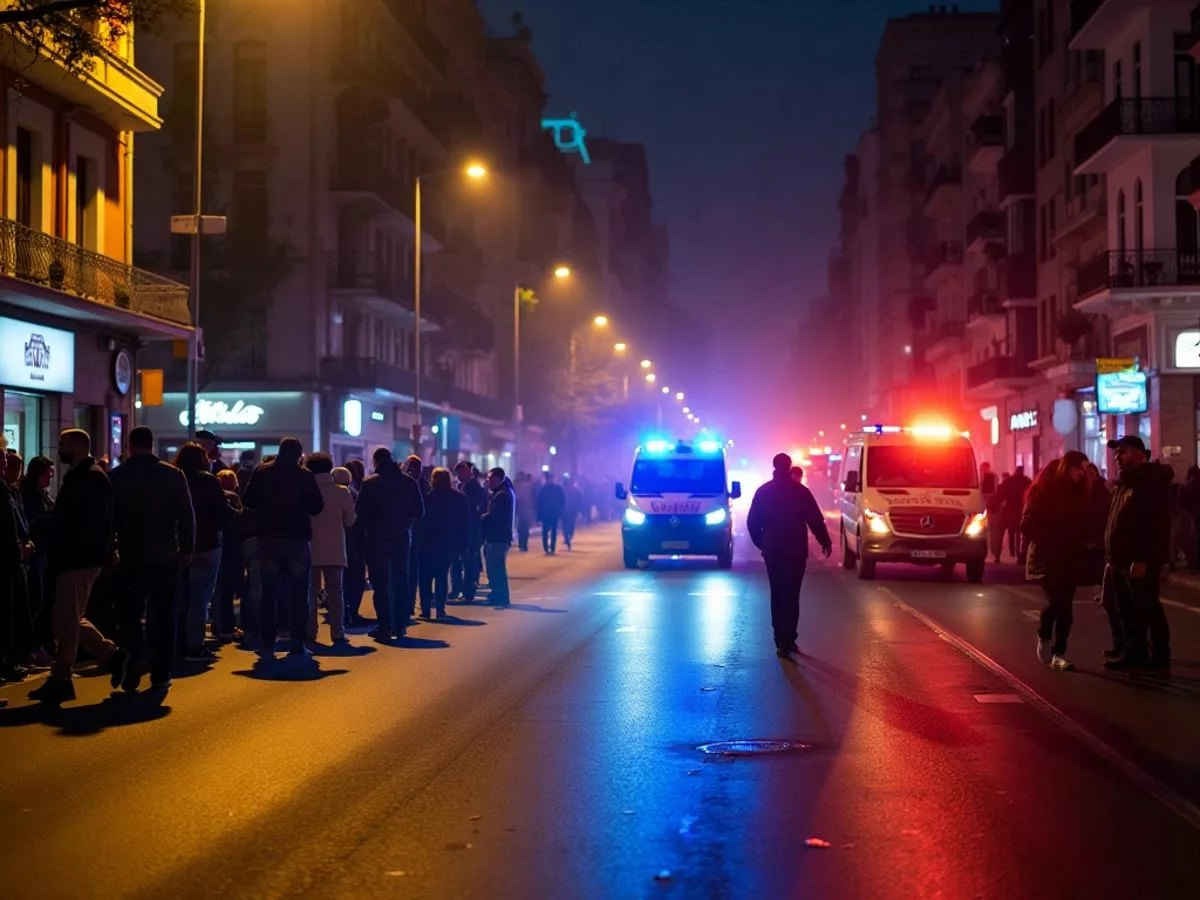
In a significant escalation of the ongoing conflict, Hezbollah leader Hassan Nasrallah was killed in an Israeli airstrike on September 29, 2024. This event marks a pivotal moment in the region, raising questions about the future of Hezbollah and its operations against Israel.
Key Takeaways
- Hassan Nasrallah was killed in an Israeli airstrike on September 29, 2024.
- The strike is seen as a major intelligence success for Israel, revealing deep infiltration within Hezbollah.
- U.S. President Joe Biden described the killing as "a measure of justice" for Nasrallah’s victims.
- Hezbollah has vowed to continue its fight against Israel in support of Palestine.
The Context of Nasrallah’s Assassination
Hassan Nasrallah, who had been a prominent figure in Hezbollah since its inception in 1982, was known for his cautious approach to security, especially following the 2006 war with Israel. His assassination comes after a series of Israeli strikes that have decimated Hezbollah’s leadership, including the deaths of eight of its nine senior military commanders this year alone.
Israeli officials indicated that the operation was meticulously planned, with real-time intelligence confirming Nasrallah’s location during a meeting with other commanders. The airstrike targeted an underground headquarters in southern Beirut, a location that had been considered secure for years.
Implications for Hezbollah
The loss of Nasrallah poses a significant challenge for Hezbollah, which now faces the task of regrouping and addressing the apparent infiltration that led to this intelligence failure. Analysts suggest that the group may struggle to maintain its operational effectiveness in the short term, given the recent losses in leadership and military capabilities.
- Leadership Vacuum: Nasrallah’s cousin, Hashem Safieddine, is seen as a potential successor, but the transition may not be smooth.
- Operational Challenges: With a significant portion of its command structure eliminated, Hezbollah’s ability to coordinate attacks against Israel is likely compromised.
International Reactions
The assassination has drawn varied reactions from the international community. U.S. President Joe Biden expressed support for Israel’s actions, framing the killing as a necessary step in combating Iranian-backed groups in the region. Meanwhile, Hezbollah’s deputy chief, Sheikh Naim Qassem, is expected to address the public, reaffirming the group’s commitment to its cause.
Future of the Conflict
As tensions escalate, the future of Hezbollah and its operations against Israel remains uncertain. The group has vowed to continue its fight in support of Gaza and Palestine, indicating that retaliatory actions may be forthcoming. The situation is further complicated by Iran’s involvement, as it continues to supply Hezbollah with weapons and support, despite the risks of direct confrontation with Israel.
In conclusion, the killing of Hassan Nasrallah marks a critical juncture in the ongoing conflict between Hezbollah and Israel. As both sides prepare for potential escalations, the regional dynamics are likely to shift dramatically in the coming weeks.



